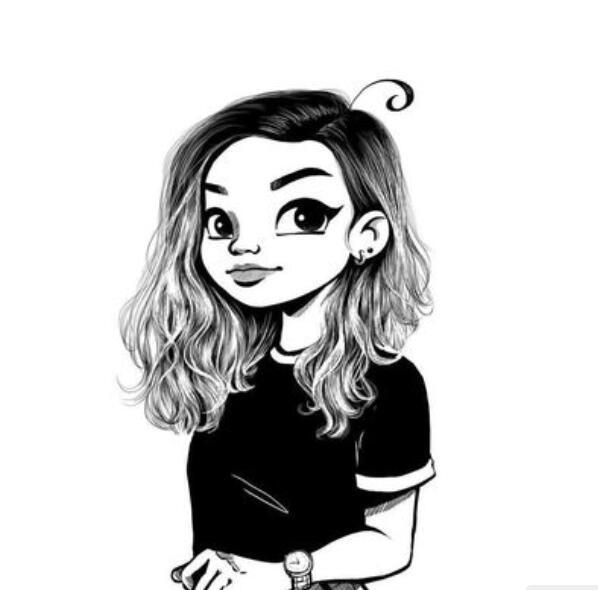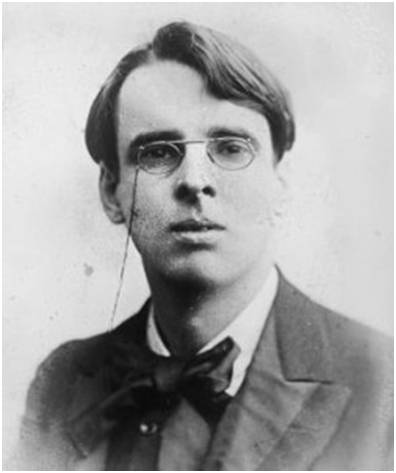- Books Name
- First Flight and Foot prints
- Publication
- ACERISE INDIA
- Course
- CBSE Class 10
- Subject
- English
Poem-11
For Anne Gregory
By William Butler Yeats

For Anne Gregory Poem Introduction
Through his poem, W.B. Yeats attempted to address a very important issue. He claims that it is nearly impossible to find someone who truly loves you in your life. By truly, he refers to the person who loves you for your qualities rather than your appearance. Only God, he claims, loves us for who we are on the inside.
For Anne Gregory Poem Summary
The poem is essentially a dialogue between Yeats and a young girl named Anne Gregory. The poet tells her that if she finds a young boy who becomes depressed as a result of her rejection, he was not a true lover. He might have fallen in love with her because of her lovely yellow hair. This implies that the boy may be in love with her because of her attractive appearance. He claims that a true lover will love her for her inner qualities rather than her appearance. Anne responds by saying she will change her appearance by dying her hair a different colour. She will lose her attractiveness and, perhaps, find true love for herself. Finally, he tells her that the night before, he overheard a religious man say that only God loves us for who we are. This means that God never loves us for our outward appearance, but rather for our inner beauty.
For Anne Gregory Poem Explanation
“Never shall a young man,
Thrown into despair
By those great honey-coloured
Ramparts at your ear,
Love you for yourself alone
And not your yellow hair.”
- Despair: sadness
- Ramparts: The high, wide walls around a castle or fort, for example, the ramparts of the Red Fort
This poem is a dialogue between the poet and a young woman named Anne Gregory. The poet tells the girl that if she rejects a young man, he will become hopeless. However, this does not imply that he had genuine feelings for you. He fell in love with you because you have beautiful hair. The girl has stunning hair. They fall on her ears and appear to protect them in the same way that a boundary wall protects the fort. So, the poet is pointing out a reality that many people face during their youth: they are liked by the opposite gender because of their appearance rather than their inner beauty.
Literary Devices
- Rhyme Scheme: abcbdb
- Metaphor: honey-coloured Ramparts at your ear (Anne’s hair is compared to the ramparts of a fort)
“But I can get a hair-dye
And set such colour there,
Brown, or black, or carrot,
That young men in despair
May love me for myself alone
And not my yellow hair.”
Anne responds that she has a good solution to this problem. She can dye her hair black, brown, or carrot because it will no longer make her look less attractive. Then maybe she'll meet a young man who appreciates her inner beauty rather than her outward appearance.
Literary Devices:
- Rhyme Scheme: abcbdb
- Alliteration: repetition of consonant ‘s’ sound at the start of two consecutive words. (Set Such)
“I heard an old religious man
But yesternight declare
That he had found a text to prove
That only God, my dear,
Could love you for yourself alone
And not your yellow hair.”
- Yesternight: the previous night
After hearing Anne Gregory, the poet claims to have overheard an old religious man say that he could prove a fact with a text from a religious book. The truth is that only God loves us for who we are, not how we look. He adores us because of our inner qualities. Only God is capable of such feats.
Literary Devices:
- Rhyme Scheme: abcbdb
- Anaphora: Repeated use of a word at the beginning of two lines (That he….That only god)
- Alliteration: he had, your yellow
About the Author

William Butler Yeats was an Irish nationalist who lived from 1865 to 1939. He received his education in London and Dublin and was interested in folklore and mythology. In 1923, he was awarded the Nobel Prize in Literature.

 ACERISE INDIA
ACERISE INDIA
